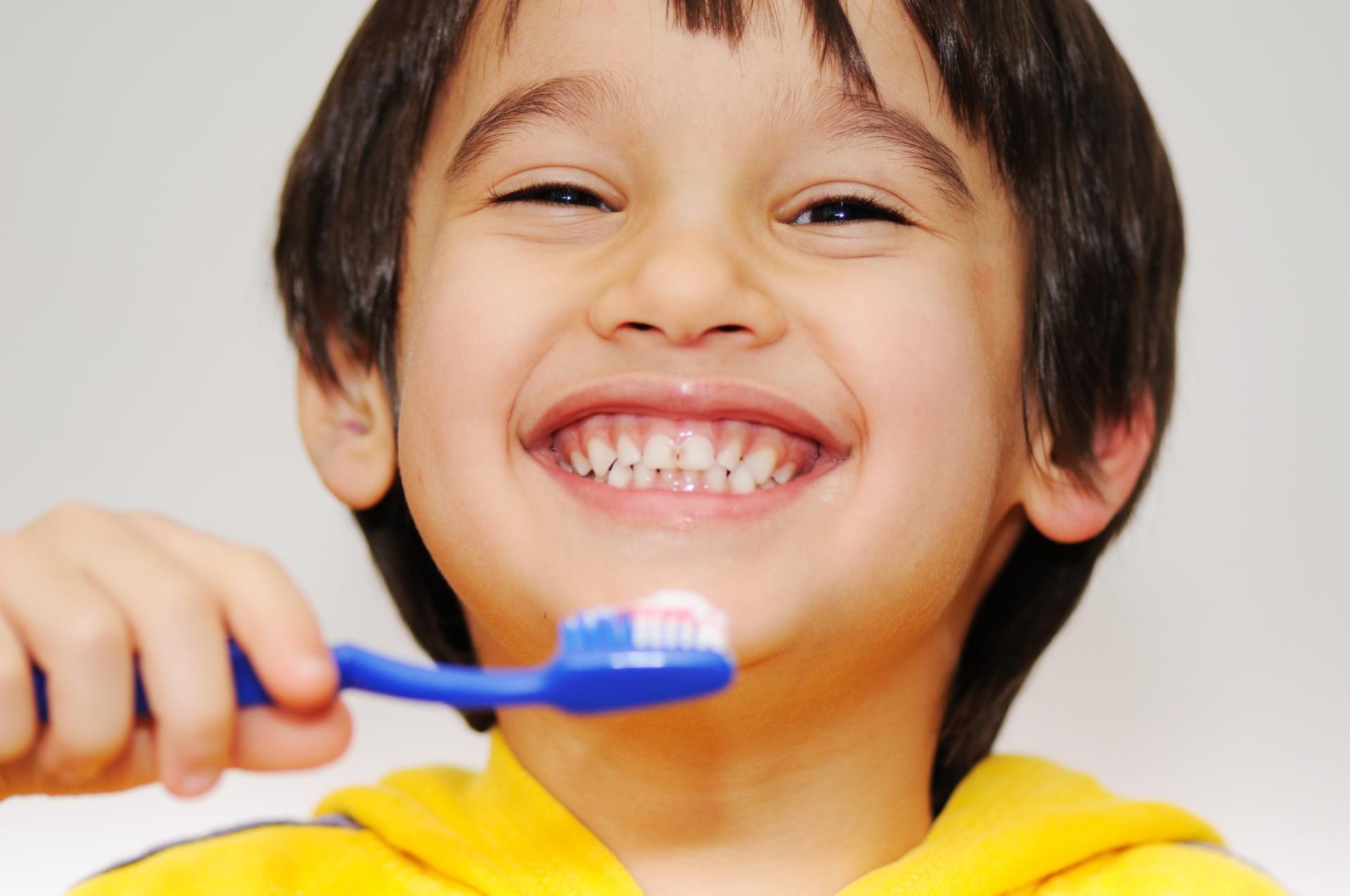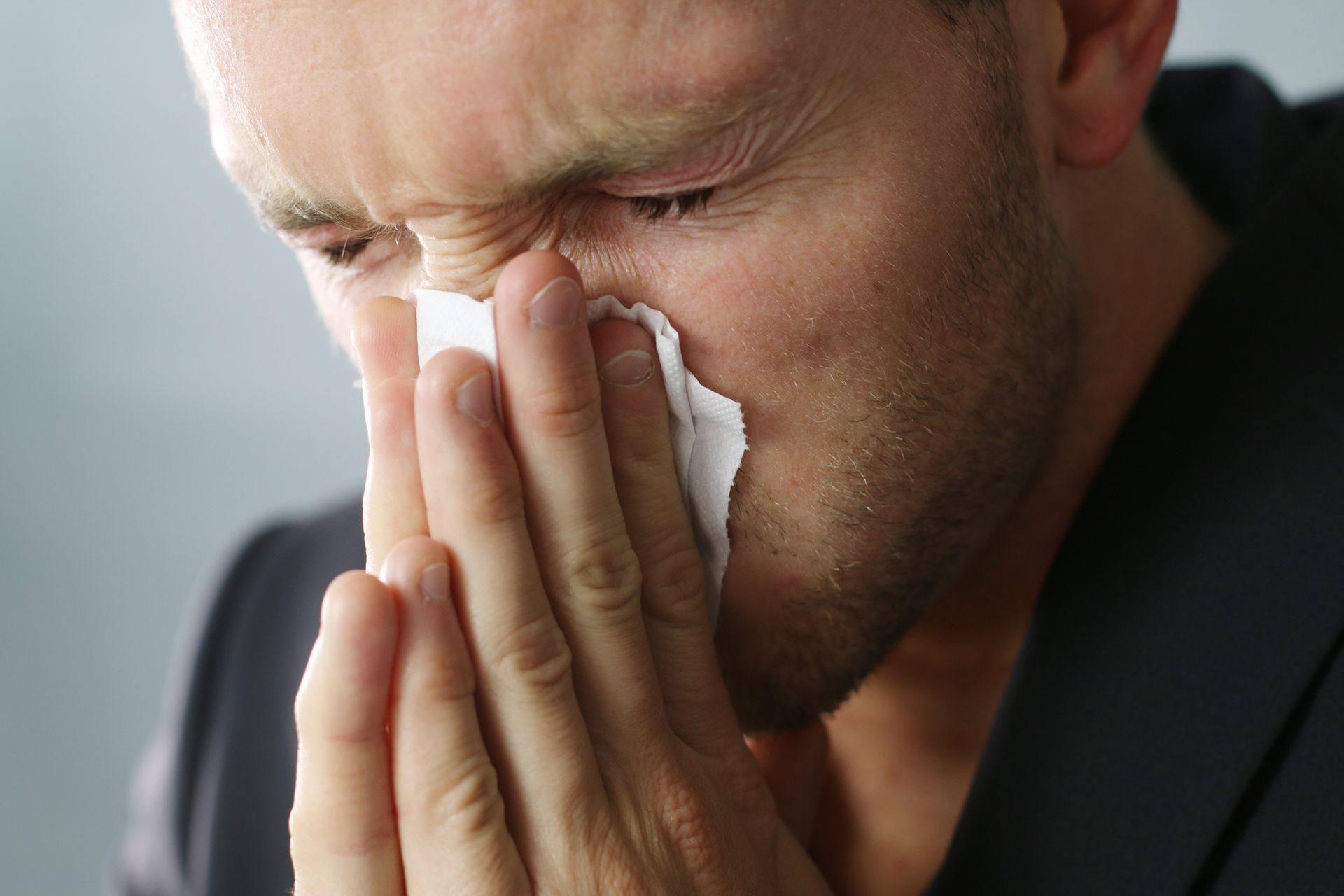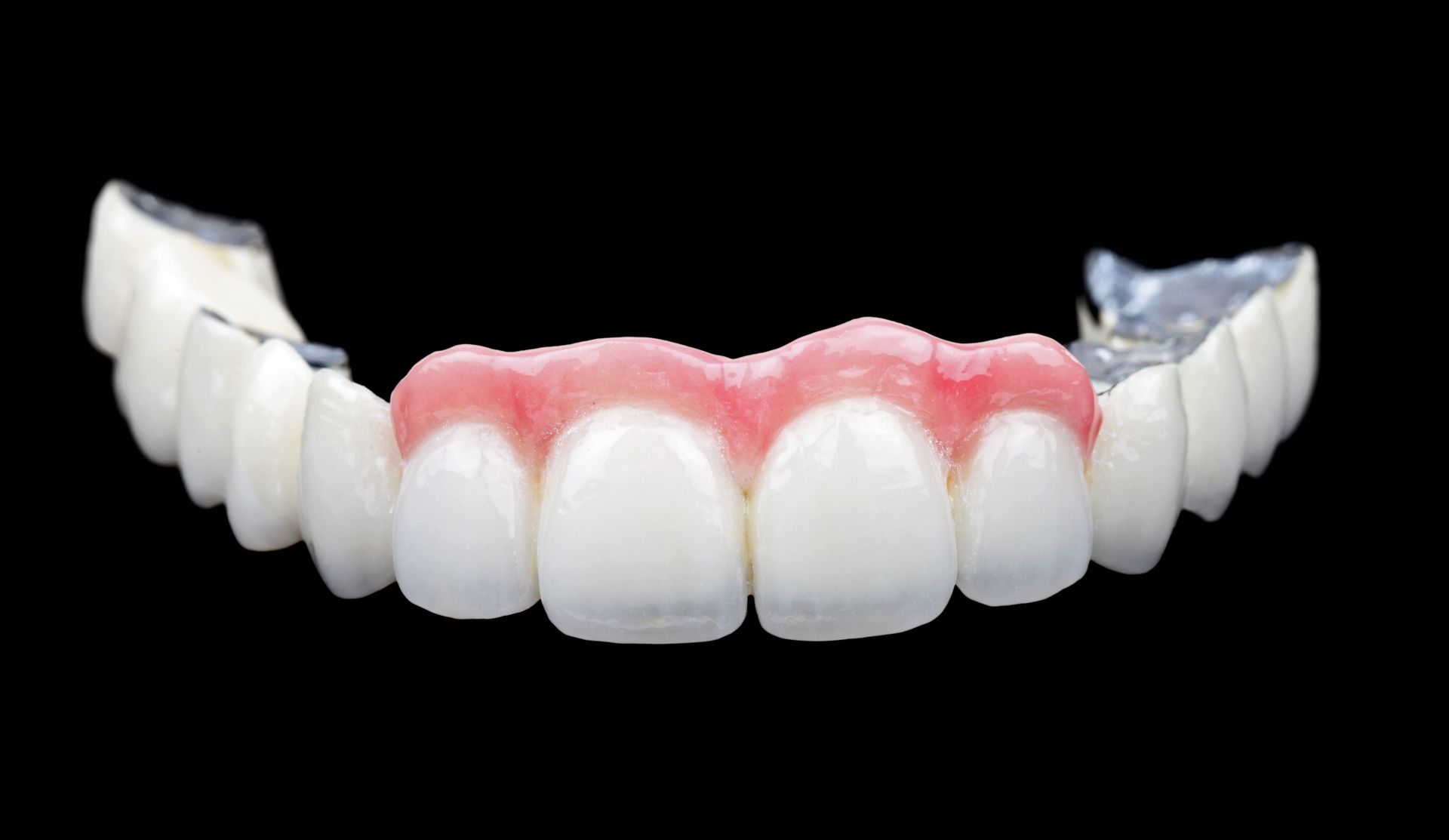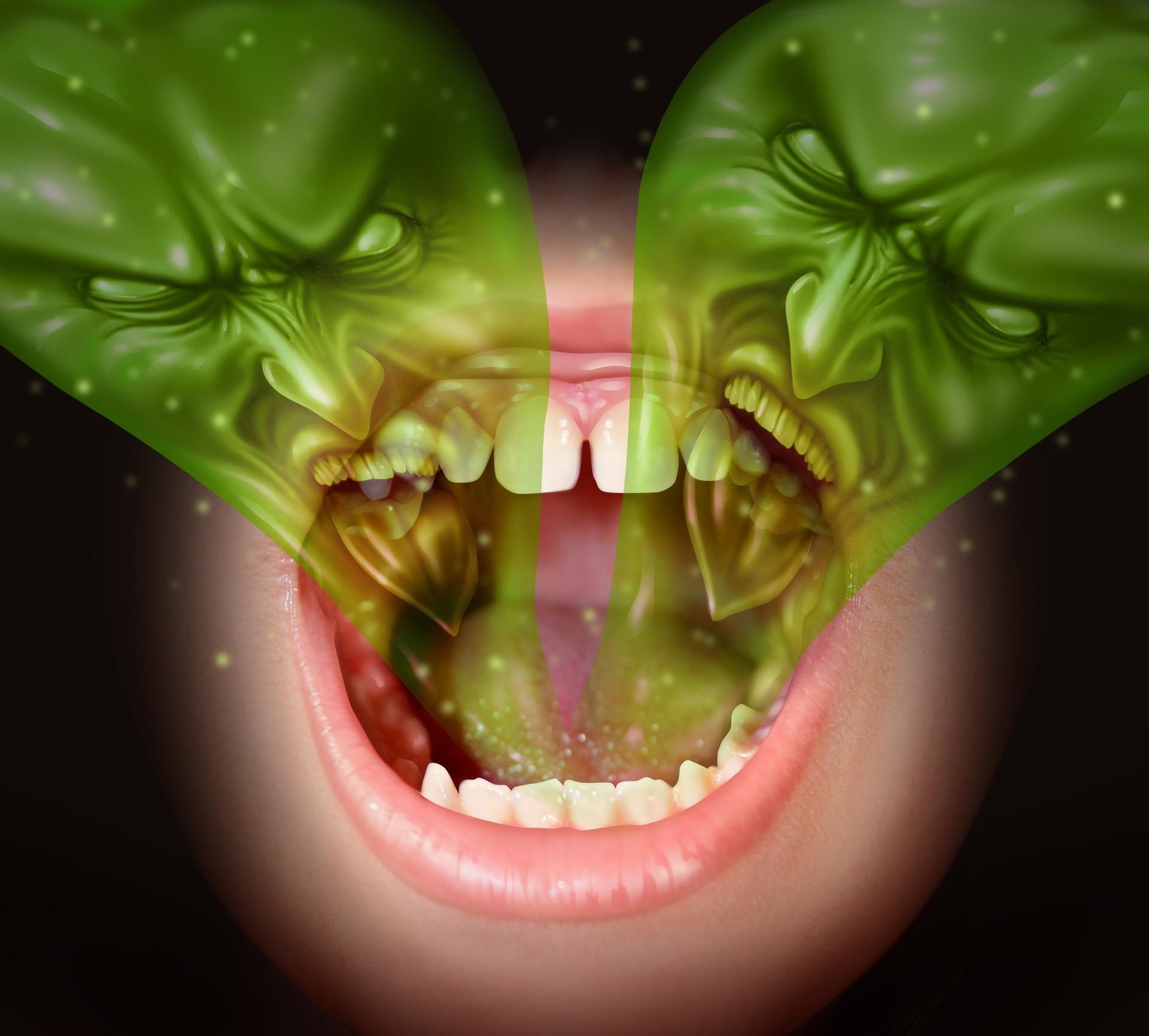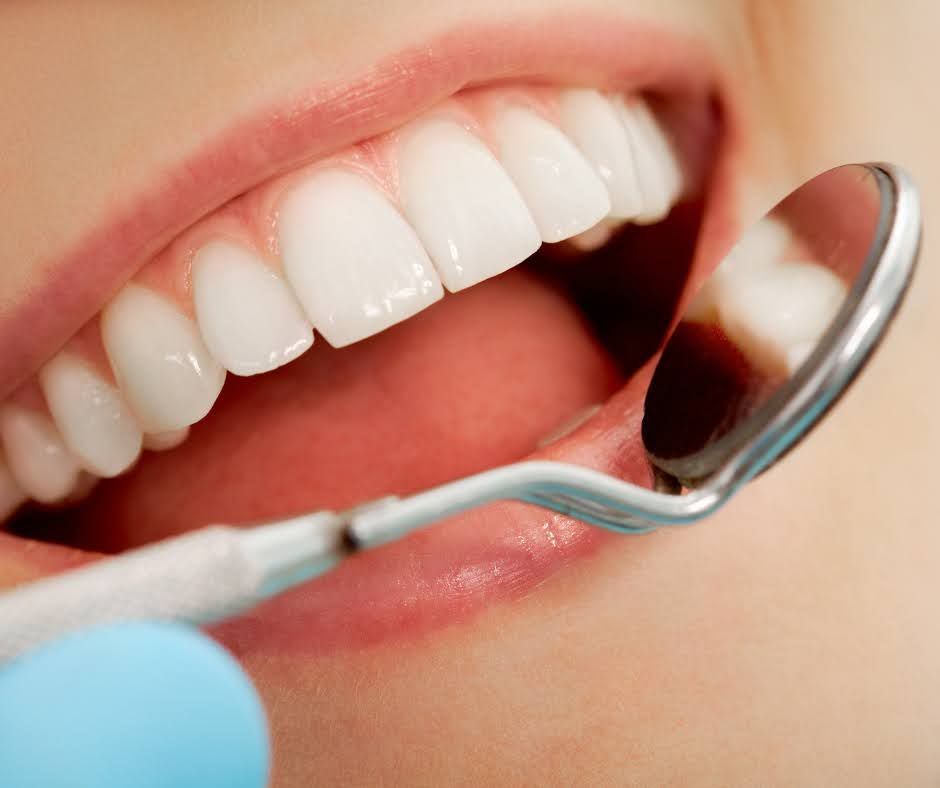4 TELLTALE SIGNS OF TOOTH DECAY
Tooth decay is a dental issue often caused by harmful bacterial action inside your mouth. According to the Mayo Clinic, these bacteria form acids that continually erode and damage the tooth enamel over time.
Luckily, tooth decay is preventable. By regularly brushing and flossing, you can easily protect your teeth against decay. But if you notice any of the signs below, you need to schedule an emergency appointment with your dentist.
1. Persistent Toothache
A toothache is perhaps the most common sign of untreated tooth decay. Typically, the pain starts as a dull ache in your tooth - a sign to indicate the onset of the decay process.
Initially, the pain is mild and manageable. But as time passes, your tooth can develop a constant throbbing pain around the decaying tooth. The pain may get worse and extend to the jaw or one side of your face. In extreme cases, you may experience painful swelling on the gums closest to the decay site.
You may have difficulty concentrating on your everyday activities if you do nothing about tooth decay. An emergency appointment with your dentist can help develop a permanent solution to your decaying tooth.
2. Intense Tooth Sensitivity
After wearing down the enamel, tooth decay exposes the dentin. The dentin is directly below the tooth surface and contains the more delicate tooth pulp. The small tubes in the dentin help to stimulate nerves that react to hot or cold temperatures.
Harmful bacteria eat away at your teeth and expose the dentin in your teeth. As a result, you might notice that the teeth near the decay site feel more sensitive than others. Sensitivity is more pronounced whenever you drink things like a hot coffee or eat something like ice cream.
More specifically, a sharp, intense sensation may develop, one that doesn't go away even after you use sensitive toothpaste. The sensitivity may get worse when you bite down or grind your teeth. Eventually, even soft foods might become hard to chew on.
3. Mouth Odor
In the dental industry, bad breath is also known as halitosis. A foul breath can make you self-conscious and uncomfortable around other people. Although proper oral hygiene can help prevent mouth odor, tooth decay changes this. You'll notice that your mouth still smells bad even after you brush your teeth.
Because tooth decay results from bad bacteria, repeated bacterial action can cause bad breath - showing that the decay is already widespread. The consequence of these bacteria is an unpleasant taste in your mouth from the infected tooth.
Pus may also ooze from the decay site, often near the gums surrounding the decayed tooth. Without prompt attention and treatment, your decay situation can get even worse.
4. Tooth Discoloration
Tooth decay can also present as brown or black spots on the tooth's surface. These spots won't seem to fade away, even after you brush. Initially, they may appear as mild discolored spots that are easy to ignore. However, as the decay advances, the spots become darker and bigger. Visible discoloration stains often mean that tooth decay is advanced.
You should record when you first noticed the stains. An accurate time frame will help your dentist assess the extent of the damage. If the stains develop into pits or holes, you'll need immediate dental care before the decay spreads and affects your healthy teeth.
If a decaying tooth is left unattended, it becomes more difficult to salvage. You might have to undergo a root canal procedure for complete extraction. But if the issue is caught early on, your dentist can perform restorative procedures to help salvage the damaged tooth.
Don't risk losing your tooth to decay. If you notice any of these four signs, contact
Carlino & Paton, DDS PC, immediately for a quick and thorough treatment.
Contact Information
Address: 51190 D W Seaton Drive New Baltimore, MI 48047
Phone: 586-725-9898
Fax: 586-725-4470
Business Hours
Monday: 9:30 am - 6:00 pm
Tuesday: 9:00 am - 6:00 pm
Wednesday: 9:00 am - 6:00 pm
Thursday: 8:30 am - 6:00 pm
Friday: 8:30 am - 12:30 pm
Saturday: 9:00 am - 2:00 pm
Open One Saturday a Month
Contact Information
Address: 51190 D W Seaton Drive New Baltimore, MI 48047
Phone: 586-725-9898
Fax: 586-725-4470
Business Hours
Monday: 9:30 am - 6:00 pm
Tuesday: 9:00 am - 6:00 pm
Wednesday: 9:00 am - 6:00 pm
Thursday: 8:30 am - 6:00 pm
Friday: 8:30 am - 12:30 pm
Closed Saturday and Sunday

